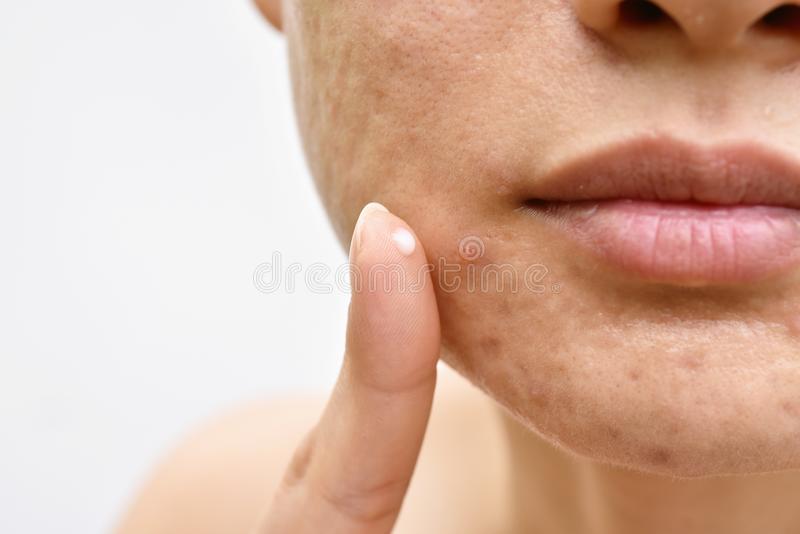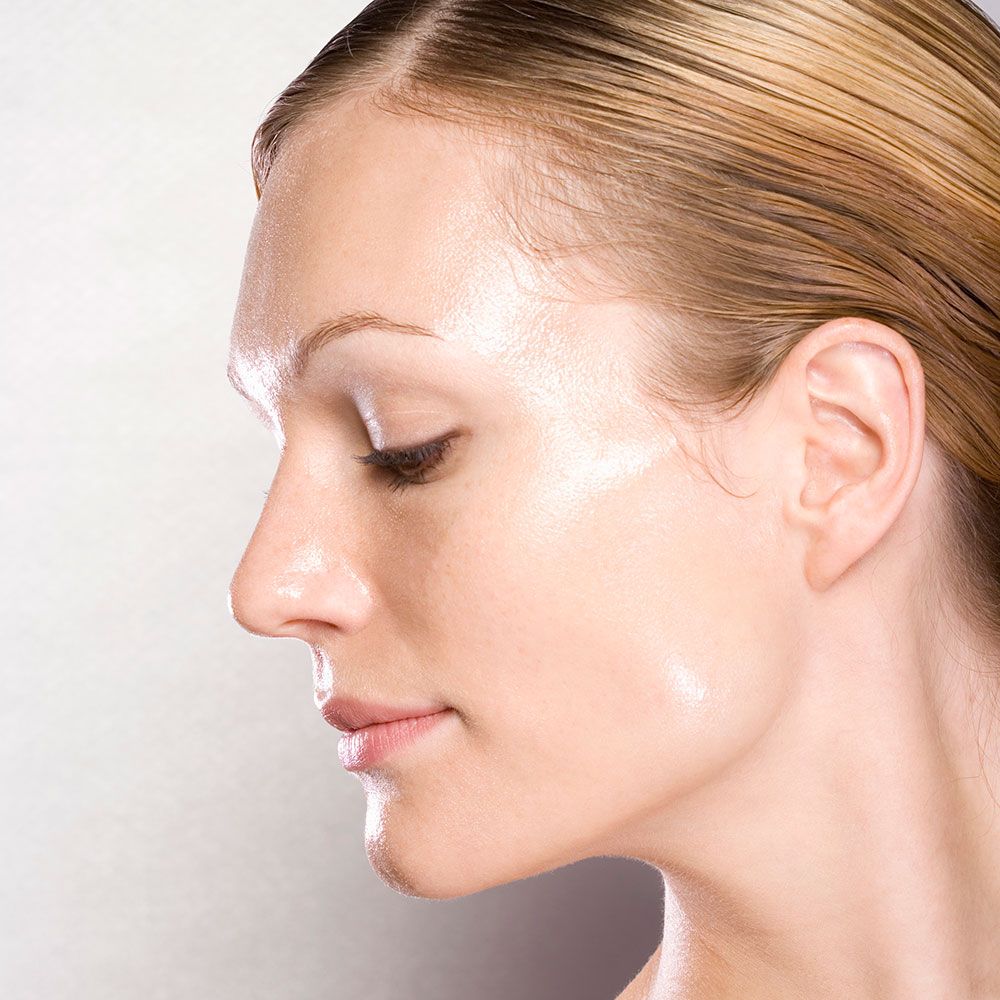The acne problem is one of the most common skin problems seen among humans. Although common to both men and women, acne problems are more prevalent among women. When we consider age groups, acne problems are mostly seen among adolescents. It is needless to say, acne problems come with their fair share of implicit problems. For starters, acne problems are known to be the main cause of frustration in terms of a person’s facial aesthetics. Again, an acne problem is also an indication of your skin’s poor health or its sensitivity to certain conditions. The acne problem is also highly influenced by genetics. It is because genetics determine how much oil is produced by a person’s skin which itself is also a major determinant of acne problem’s source.
To understand why acne problem happens we must take into consideration four crucial factors. These factors are excess oil production, pores becoming clogged by “sticky” skin cells, bacteria, and inflammation.
How does the acne problem actually occur?
The skin is made up of epithelial tissue. It has numerous pores. The skin also has an oil-producing gland. It is called the sebaceous gland. It produced oil named sebum. This oil lubricates the skin and pores. Acne occurs when these skin pores are clogged by oil, impurities, or dead skin. Due to the clogging, the bacteria P.acnes grows in the pores. Hence, a zit or acne pops up on the skin.
A few other factors that contribute to the acne problem are:
Hormonal changes due to puberty.
This is quite common as adolescence is the time of a person’s life when most changes occur. Due to the formative characteristic of this period, acne is seen as a common sign for adolescents.
Reactions to certain medicines.
Sometimes acne problems will occur due to the side effects of their medication that they’re taking.
Inadequate sleep and dehydration.
Inadequate sleep or dehydration can lead the biological process of a person’s body to affect how much oil is produced. Not getting enough sleep means that our body is exposed to continuous high levels of cortisol, which can trigger breakouts. cortisol-releasing hormones can actually bind to your oil glands, which sends them into overdrive and causes acne. If the oil production reduces or rises significantly then an acne problem will occur.
A diet high in refined sugars or carbohydrates.
It is also a well-understood matter that tomatoes and peppers, two common ingredients in spicy foods, contain acidic lycopene—a somewhat common irritant that can throw off the skin’s pH levels and trigger breakouts around the mouth.
Hygiene practices.
A person’s hygiene practice can be a cause of them facing an acne problem. Firstly, using a mask too many times can cause acne problems. With more usage more dirt, oil and impurities accumulate on the mask’s surface. Also, if the mask is not breathable the skin remains suffocated. Not wearing sunscreen cal also aid in acne problems. This is because the sun dries out your skin and triggers excess oil production. Sometimes, excessing scrubbing and highly reactive face washes dry out your skin of the necessary oil and makes it a breeding ground for P. acnes.
Now that you know the most common cause of why the acne problem occurs, you can benefit yourself by maintaining and curbing these causes. Acne problems can go fungal as well, and it is then when it is needed to be examined by an expert dermatologist. The severity of acne problems should be understood and their causes should be known by all.



